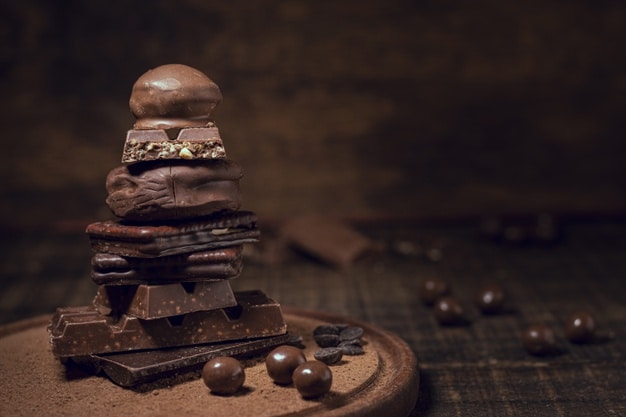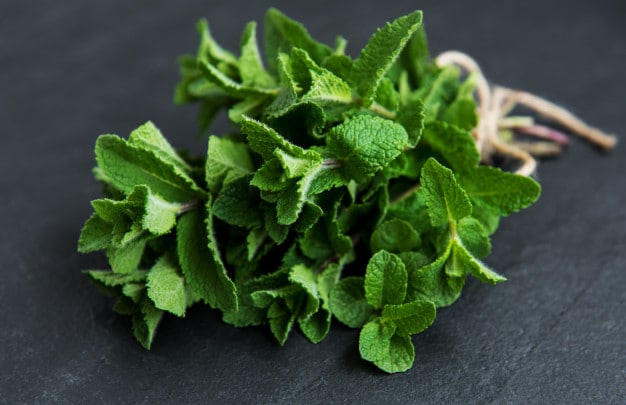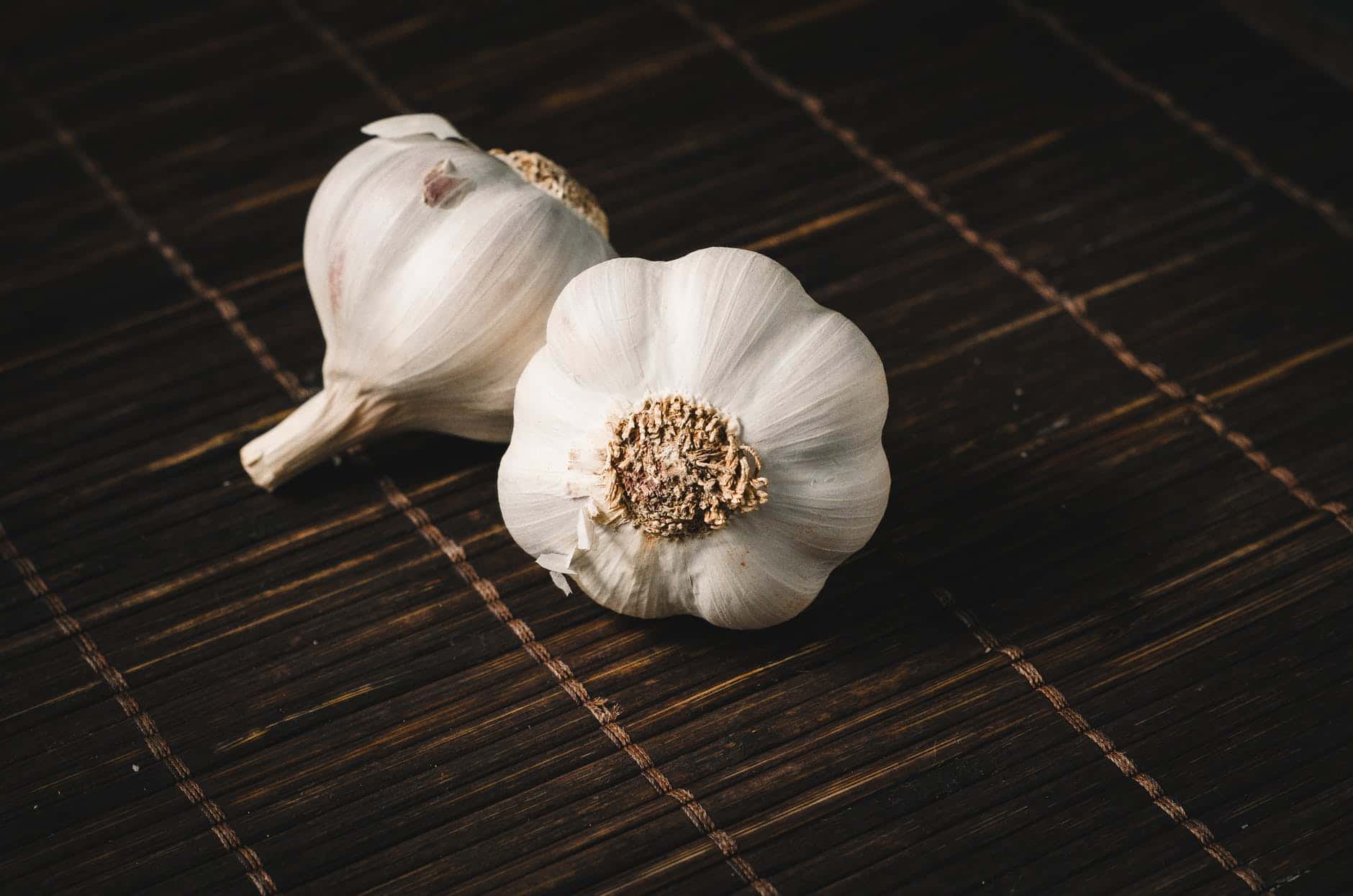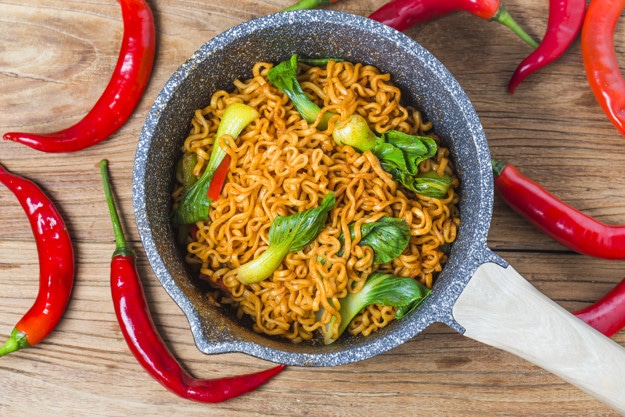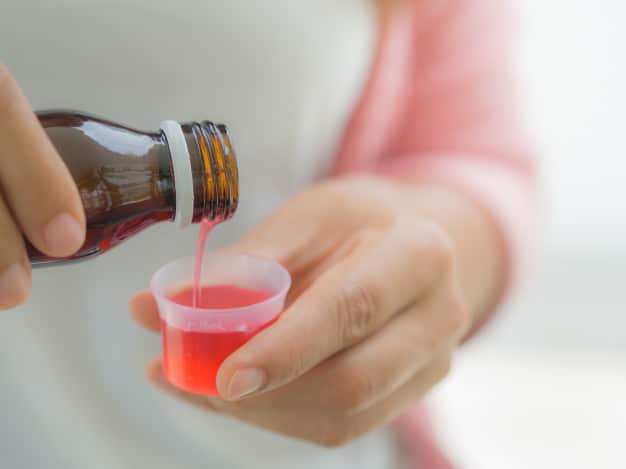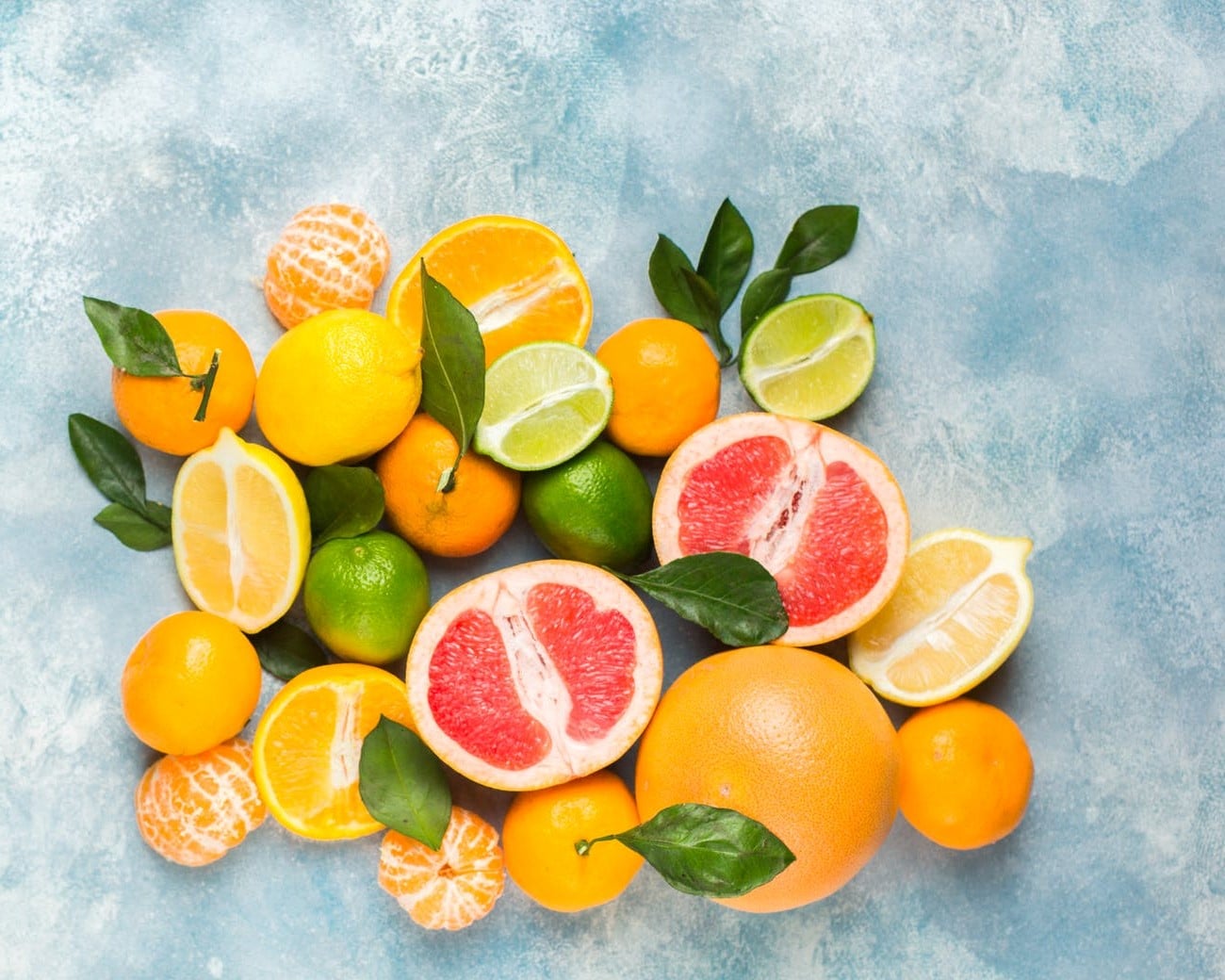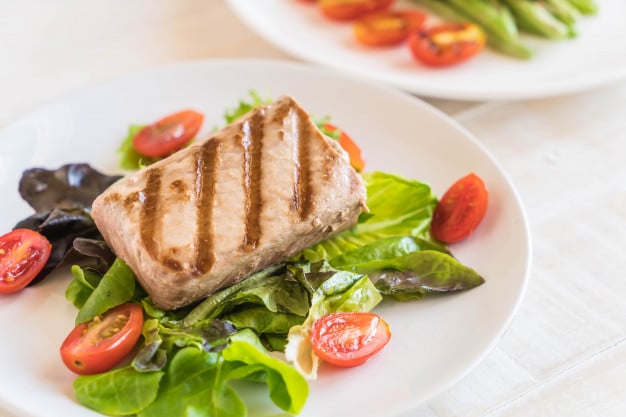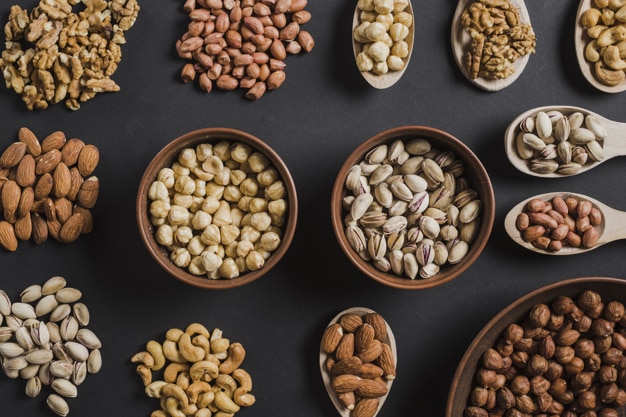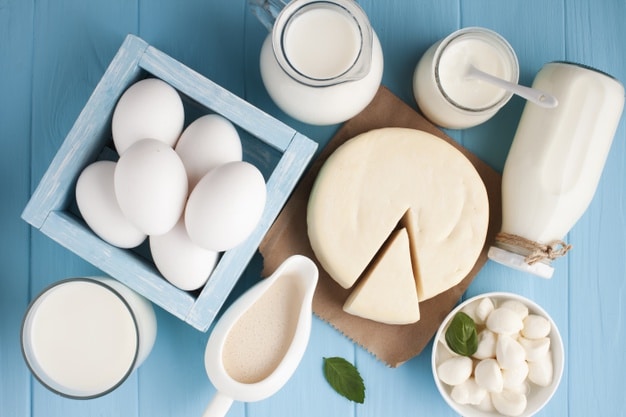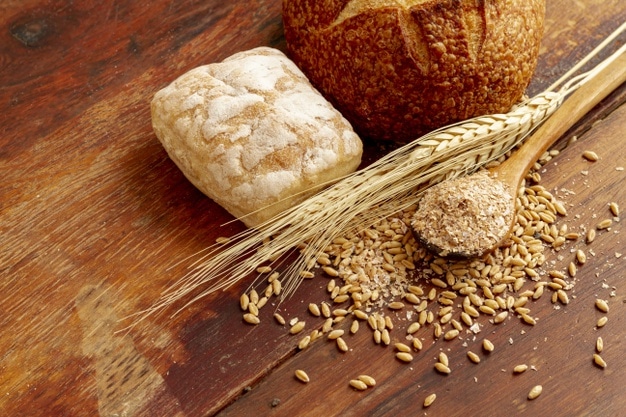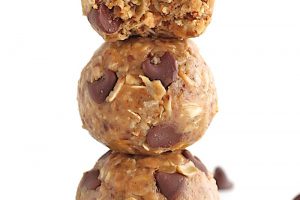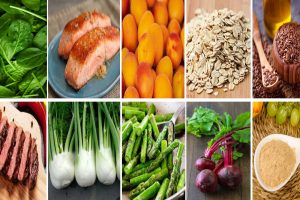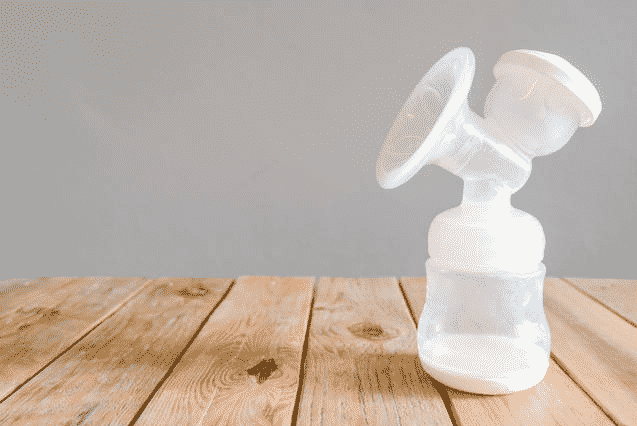It is the opinion of most lactation consultants, including the La Leche League, that breastfeeding moms can eat almost anything they want. However, there are foods to avoid while breastfeeding.
In a simple world, you could just print out a list of foods to avoid while breastfeeding, but it gets a little bit complicated. Here’s why:
- There are foods you could eat, but probably not too much of it because it can negatively affect your milk supply, like parsley;
- There are foods that are okay for you to eat, but your baby may not like the flavor of your milk, like garlic;
- There are foods that are okay for you to eat, but may cause allergies in your baby, like dairy and nuts; then
- There are foods that you should try to avoid completely, like fish that are high in mercury;
Contents
Foods To Avoid While Breastfeeding
Allergy causing foods aside – it is important to mention that if you have accidentally consumed some of these foods, that’s okay. It’s even okay if you intentionally eat/ drink some of these. As long as you are not having them in high doses, your baby should be fine.
If your baby does have an adverse reaction to something you ate, it is usually easy to simply reverse it by no longer eating that thing.
Foods You Probably Want To Avoid
-
Coffee
For the caffeine addicts, this may be a hard pill to swallow!
A little bit of caffeine is okay. However, caffeine does work its way into your breast milk.
If you are hoping your baby will take a nap, do try to avoid the coffee because babies’ bodies aren’t prepared to process the caffeine in coffee as quickly as we can. It would be best to drink your cup of coffee after you have put your baby down for a nap.
-
Chocolate
Chocolate has caffeine in it too! For the same reason you may want to limit the amount of coffee you drink, you will want to do the same for chocolate.
-
Parsley, Peppermint, Spearmint, Oregano, Sage
Consuming a little bit is not a big deal at all. However, herbs like parsley, peppermint, oregano, sage, and spearmint in large amounts will reduce your milk supply. They are considered anti-galactagogues. That means – in high doses, these herbs have been known to decrease breast milk production.
-
Garlic
Garlic is a very reluctant entry on this list of foods to avoid while breastfeeding. That’s because garlic is also a lactogenic food. In other words, having a lot of garlic is likely to increase your milk supply. The big problem with that is, if your baby does not like the flavor of your milk, it won’t matter how much milk you are producing.
But don’t despair too quickly. Some babies don’t mind the flavor of garlic. He/she may actually like it.
If you’ve had a dish heavy with garlic, see how your baby responds to your milk. If he/she continues to suck merrily, you have no worries.
-
Spicy Foods
This is similar to garlic in that your baby may or may not like the flavor of the spices. If your baby does not like the taste of your milk, you will need to cut down on it and perhaps try to introduce it again later.
-
Decongestants
Pseudoephedrine and phenylephrine are over-the-counter medicines that are generally considered to be safe for breastfed babies. However, pseudoephedrine may reduce your milk supply by up to 24%.
If you do take pseudoephedrine and you notice a drop in your milk supply, do stop taking it and take measures to increase milk supply. According to Thomas Hale Ph. D., (breastfeeding pharmacologist), the problem should resolve itself.
-
Citrus
Your baby’s digestive system is still immature. Some citrus fruits can be irritating to a young baby. It can cause spitting up, fussiness, or diaper rashes.
If you notice that your baby has a problem with these foods, do try to avoid them. You can introduce them again later.
Foods That Can Harm Your Baby
-
Fish High In Mercury
In general, fish is good for you. In fact, fish like salmon and sardines are considered galactagogues – foods that boost your milk supply.
However, fish that is high in mercury must be avoided by pregnant women, children younger than six, and nursing moms. According to the CDC, exposure to mercury can affect your baby’s brain and nervous system.
A list of fish that contain high levels of mercury, and should be avoided are:
- King mackerel,
- Marlin,
- Orange Roughy,
- Shark,
- Swordfish,
- Tilefish,
- Ahi Tuna,
- Bigeye Tuna
-
Alcohol
After nine months of no drinking, you’d probably enjoy the occasional alcoholic beverage. Drinking a glass of wine after your baby has had his/her last feeding for the day, is A-okay. Nursing your baby while intoxicated, however, is not okay. Alcohol can pass through your breast milk and this will negatively affect your baby.
You will have to figure out how much alcohol it takes to get you tipsy, and how long you’d need to wait before you’re sober again. It generally takes about 1-2 hours for alcohol to metabolize, but this varies from person to person. According to the American Academy of Pediatrics (AAP), it’s generally safe to breastfeed after having one alcoholic drink (5 ounces of wine, one shot of alcohol or 12 ounces of beer).
The rule of thumb is – if you feel completely sober, it’s okay to nurse your baby. Alcohol does not stay in your milk for longer than it does in your bloodstream. In other words, if your blood is free of alcohol, your milk will be too.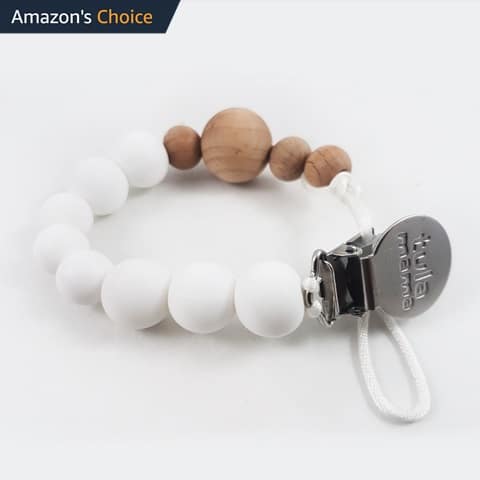
![]()
If, however, you are intoxicated but you feel engorged, you will need to “pump and dump”. No lactating mom wants to waste breast milk but milk that was pumped while you were intoxicated, contains alcohol.
Foods That May Cause Allergies
Whether or not you or your husband has allergies, your baby may have an allergic reaction to some of the foods you eat. Therefore, if you notice that your baby is particularly fussy after nursing, think back of what you ate. Your diet could be the cause of your baby’s fussiness.
Also, if your baby has an upset tummy, diarrhea, diaper rash, sleeping problems, eczema or other skin problems, these could be traced back to your diet. Do check with your child’s pediatrician. You may need to go on an elimination diet to see what the cause of the problem is.
If there is a history of allergies in your or your husband’s family, stay away from these foods until your baby is at least three months old. Food proteins can easily pass from mom to baby’s bloodstream in the first three months.
-
Nuts
If there is a nut allergy in your or your husband’s family, do avoid them because food proteins can be passed through your milk to your baby.
If you are unsure if whether your baby might have a nut allergy or not, keep a close eye on your baby. Watch out for signs of an allergic reaction, like rashes, hives, and wheezing.
-
Dairy
Dairy is a very common problem for breastfeeding moms. If your baby has reflux or is particularly fussy after nursing, you may need to start to temporarily eliminate dairy from your diet. You may be able to introduce it again later.
-
Wheat
Whatever you eat makes its way through your breast milk and into baby’s digestive system, where it can irritate the lining of your baby’s gut. Like dairy, wheat can be one of those culprits that can be bothersome to babies.
If you find that your baby is fussier after nursing, you will want to consider an elimination diet.
The slow reintroduction of these foods will help to pinpoint the allergy or intolerance your baby has.
There are a limited amount of foods to avoid while breastfeeding. The good news is, there are lots of foods that you can eat. There are foods that will even increase your milk supply!
Note From The Author
I remember being concerned about the color of my first baby’s poops, and then tracing it back to my drinking of grape juice. And one of my other babies had acid reflux, which was traced to my drinking glasses of milk. Funny thing is – neither of us has a dairy allergy. To this day, he still loves milk. His little body just couldn’t handle it then.
Carefully watch your baby’s reaction. If something seems off, it may be associated with something in your diet.


